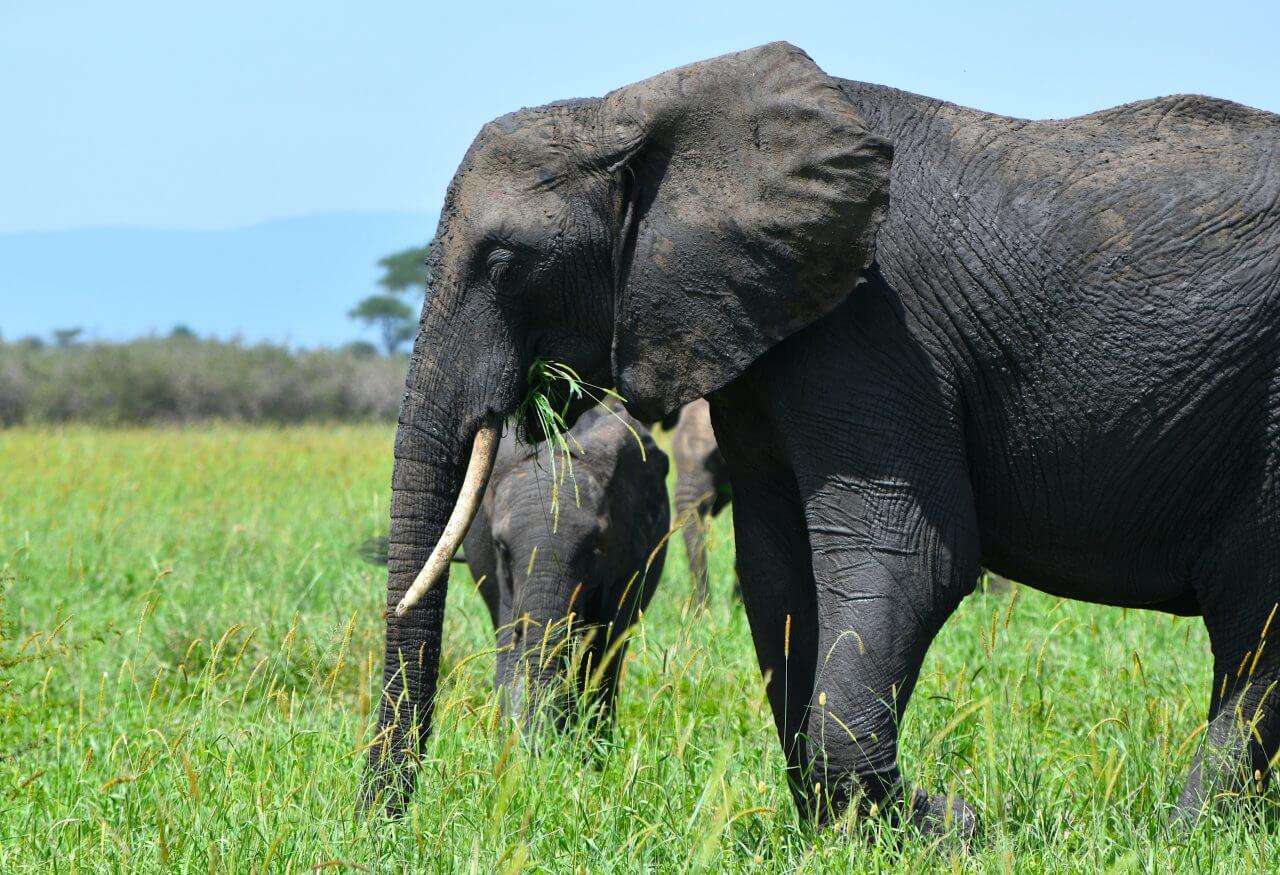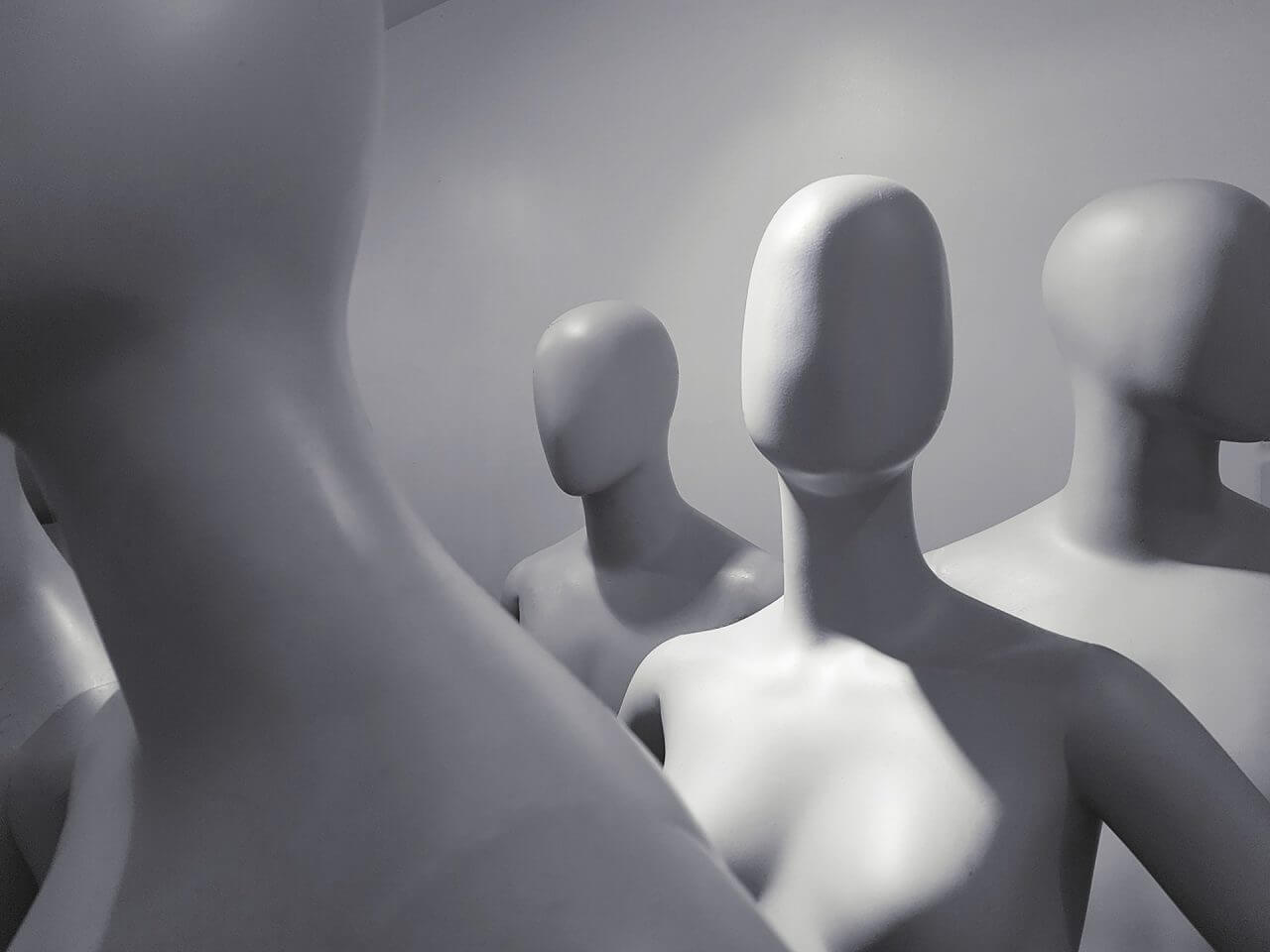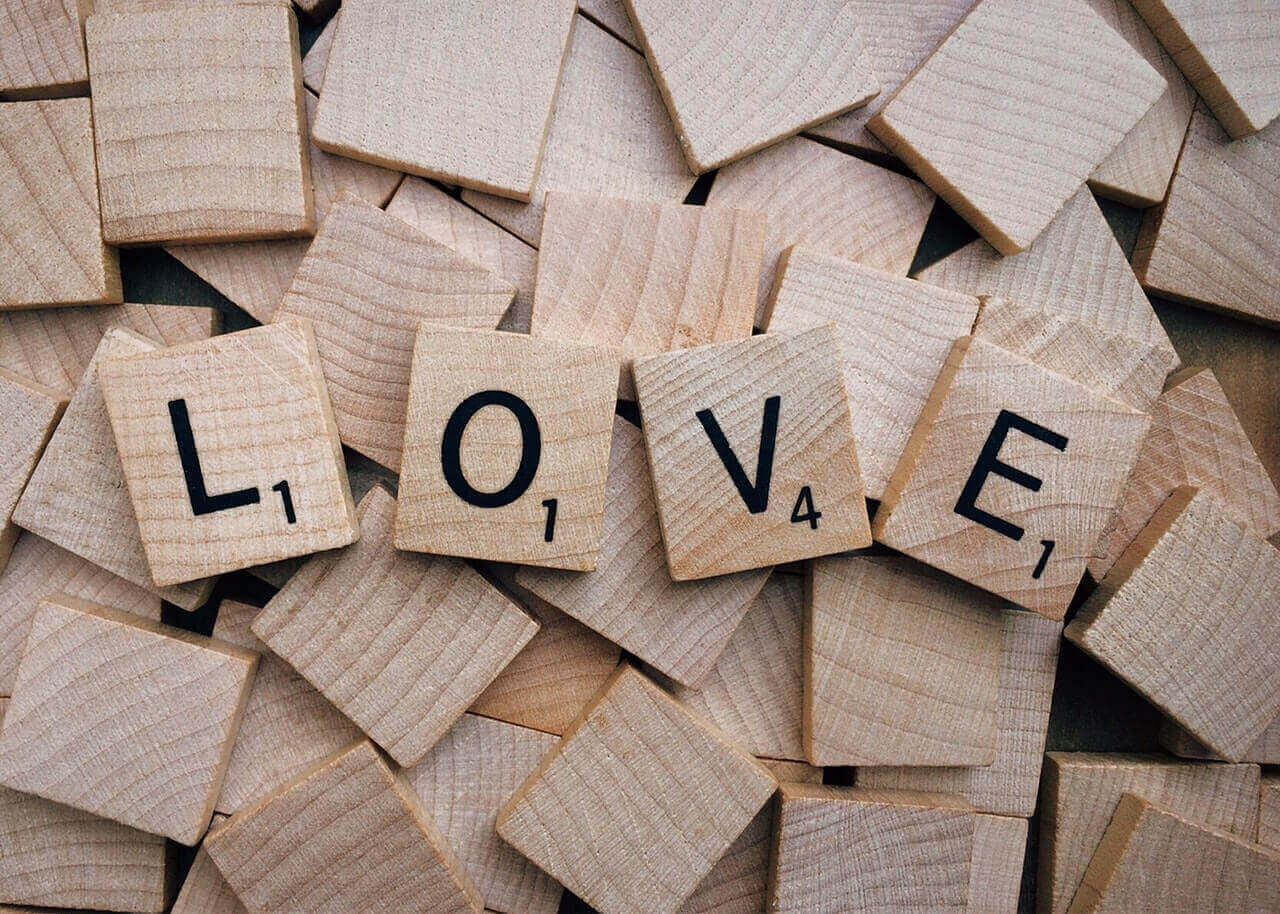My husband is an immigrant. A first-born Australian to a British father and Filipino mother, he’s darker-skinned than all of his friends, but lighter than half of his family. He was the outcast of his friends, always the first to be bullied as he was “just the Asian kid.” He was too Asian to be Australian enough for friends, but too British to be Asian enough for family. He never felt he fit in or belonged anywhere, always being only half of what was expected of him.
The first time I took him into Manhattan the crowds overwhelmed him completely, nearly sending him into a panic attack. He’d spent his life learning crowds were dangerous for the odd kid out, and you should always know your exit route. Anyone who’s ever been in Penn Station before knows there are always crowds, and never a clear exit route.
He was afraid to order for himself at restaurants, because what if they couldn’t understand his accent and belittled him? He was afraid to talk to the bank tellers for currency conversion, because if they knew he was a foreigner they’d steal from him. And he was afraid to take his items to the register at the store, because what if he got the money mixed up or they tried to overcharge him? I had to point out to him our waitress was Russian, the bank teller was Jamaican, and the store clerk was from the Bronx… he wasn’t the only one with an accent, and having an accent didn’t make you the outsider in New York.
He quickly realized NYC, the fabled land of Law & Order, Ghostbusters, and a tragic terrorist attack, of all places, was a more welcoming place to him than Perth. And for four years the only questions he ever heard were about kangaroos (yes, they are bigger than you think), clear blue water (yes, it’s really really blue and you can see all the way to the sand), and koalas (no, he’s never had one in his yard, they aren’t really in the wild anymore).
And then things started to shift. First, it was a woman in line behind him at the Department of Motor Vehicles. I wrote about that experience when it happened:
To the woman in line at Newton DMV:
Your closed mindedness and arrogance is devastating. If you have any children or grandchildren, I hope with my entire heart they have escaped your hatred and bitterness. I’m not sure why you felt entitled to snoop at the immigration paperwork and foreign passport my husband was holding as he stood in line in front of you. You didn’t ask his name, or where he’s from, or if he has a family or a career. You didn’t know that he has an anxiety disorder that makes crowds extremely difficult. You knew nothing about him except that he was holding immigration paperwork and a foreign passport.
When you felt the need to loudly mention that he’s an immigrant, he turned to you with a smile because in the four years he’s lived here people always ask about kangaroos, and sharks, and koalas. He smiled at you and said yes, he’s an immigrant. Before he could say anything else, you showed him who you are.
How did you feel accusing him of ruining “your country?” How did you feel watching the kind smile fade from his face, see his broad shoulders slump, and take his confidence away? How did you feel telling him he’s the cause of everything that’s wrong here? How did you feel watching his shocked, panicking silence while you told him you hoped “everyone like him would go back where they came from?”
To the man waiting at Newton DMV:
Thank you, Sir. Thank you for being my husband’s voice when he couldn’t find his. Thank you for getting up from your chair and walking out of your way to put your hand on his shoulder and show him who we, as a country, truly are. Thank you for reminding that woman that she should be ashamed. Thank you for telling her that your time in the Armed Services was spent defending our Nation of Immigrants. Thank you for seeing the human in front of you. And most of all, thank you for standing with him and allowing him to breathe, to quell his anxiety just enough to continue standing in line. Thank you for being his support when I wasn’t there. While I sat in our home nursing our daughter, you were the strength he needed.
To everyone reading this:
If you think this doesn’t happen to anyone you know, it does. If you think this isn’t something that happens in your quiet little town, it does. If you think this only happens to illegal immigrants, it doesn’t. I can assure you it happens. It happens everywhere and to everyone.
To all the people who tell me how much they love accents, remember this. And how they could listen to my husband talk for hours, remember this. When he first came here, he was too anxious to talk to people, afraid his accent would draw negative attention, afraid that being different was wrong just as it is where he’s from. We spent four years showing him that his accent and his ethnicity and his birth country made him special and unique and welcomed and today, for the first time, his beautiful accent and ethnicity made him a target.
It took months to undo what that five-minute interaction did to him. Months of not wanting to go places alone. Months of not ordering for himself at restaurants again. Then he finally started to relax, slowly and cautiously, he started to trust. And it happened again.
He had taken our daughter along with him to Walgreens. An older couple approached him, and he readied himself for the kangaroo, shark, and koala questions. But they didn’t come. Instead, after commenting he wasn’t from around here, the woman inquired if our daughter was a citizen. This sometimes lead to conversations about dual-citizenship and traveling, so the smile hadn’t yet faded from his lips.
She had what she needed. She now knew our daughter is a US citizen. The woman told, not asked, but told my husband he was not a citizen, insinuated our daughter is an anchor baby, and then strode off. Why? Why was this necessary? What possible motive could she have? Why was it so terribly important to spew hatred and not even be strong enough to stand and wait for a reply?
The damage was done. Michael had almost felt like he belonged here again. I’ve noticed this happens most when he is by himself, when he is vulnerable, and when he has no one standing next to him.
But I see you. I see the ignorance emanating from you. I see you when I’m with him, too. I challenge you to say something. I’m begging you. Say something when I’m there, I won’t be too afraid to reply.
For his entire childhood he was too Asian to be white, and too white to be Asian. And now it seems he’s too American to be Australian, and too Australian to be American.
Imagine if it were possible to be both.




